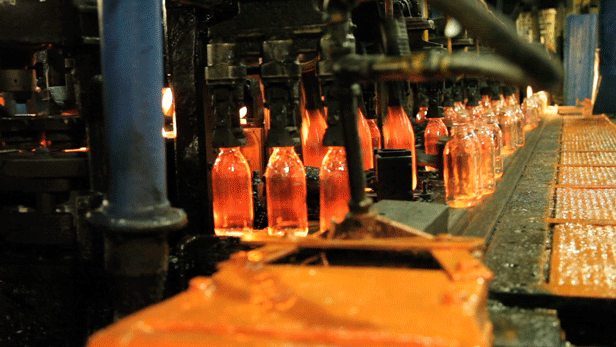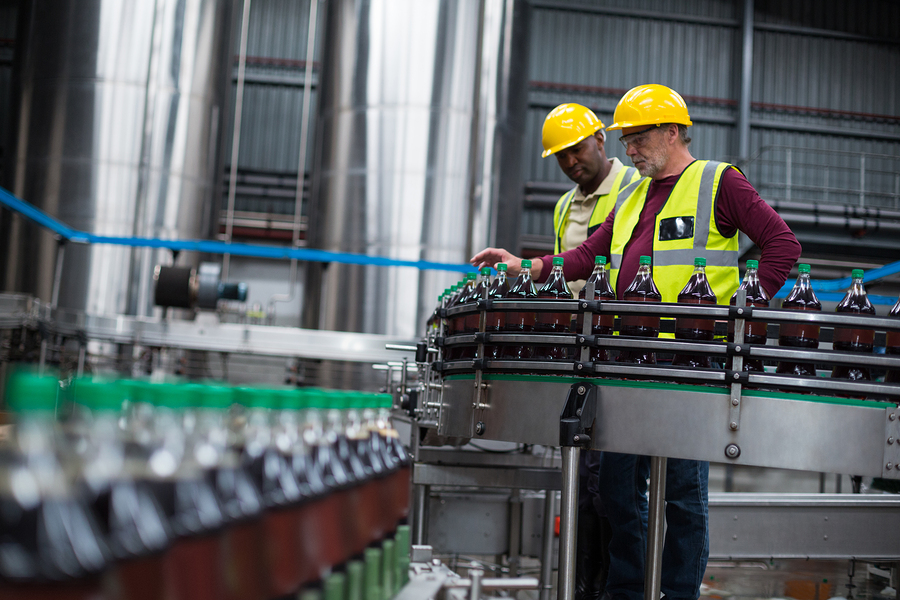Is ‘Zero Downtime’ a Realistic Benchmark or an Impossible Standard for the Future?

In a perfect world, manufacturing equipment would work flawlessly all the time, operating 24/7 without any breakdowns, setbacks, or malfunctions. Of course, we don’t live in a perfect world and machine maintenance is a core part of running any manufacturing business. So, the question becomes “How do we get as close as possible to 24/7 operation?” And “Is zero downtime actually possible?”
The quest for zero downtime
Zero downtime is about more than just keeping machinery running at all times. It’s also about setting up the protocols and processes that make this possible. For example, we can’t prevent vibration stress from breaking down machinery components, but we can set up systems that monitor vibration and alert us to potential failures before they occur.
The quest for zero downtime is about understanding holistic machinery operation and deploying the right oversight to preempt malfunctions. Manufacturers with the ability to successfully do this stand to gain tremendous advantages, including
- increased machinery lifespans and an overall better return on investment,
- better material utilization and less malfunction-generated waste,
- optimized production efficiency as machines work better for longer, and
- operational excellence in the form of well-maintained machinery.
The ability to cut waste, improve efficiency, and eliminate surprise costs all funnel into profitability and better bottom-line growth for manufacturers.
How we maintain machinery today
But how do they get there? Manufacturers have three approaches to maintenance to keep their machinery up and running, and most will rely on the synergy of all three to reduce downtime.
- Reactive maintenance means fixing a machine after it breaks down. This approach maximizes component investment and keeps passive repair costs low but results in disruptive downtime when components fail unexpectedly.
- Planned maintenance is when manufacturers perform maintenance regardless of condition, minimizing the risk of failure and excessive downtime. It incurs higher ongoing costs but maximizes machine usefulness over the long term.
- Proactive maintenance relies on data to help inform repair decisions. It combines the routine nature of planned maintenance with insights that prevent reactive maintenance situations from arising.
Despite having maintenance options for “before-during-after” stages of machinery malfunction, gaps still exist. Even the best-planned maintenance schedule can result in unexpected breakdowns that require reactive repairs. And even proactive repairs may not be enough to offset unexpected troubles.

The path to zero downtime
Achieving true-zero downtime requires a real-time approach — one that’s become more feasible thanks to the Industrial Internet of Things (IIoT). But smart devices alone aren’t enough to usher in the era of 24/7 machine operation. Manufacturers also have to examine the core fundamentals of zero downtime theory:
- Monitoring — using IIoT devices to monitor machinery status at any given time, as well as change over time, to better address component failures
- Automating — implementing systems to preempt maintenance demands, such as alert triggers for maintenance techs or switching mechanisms that take machinery offline for repairs while moving production over to another unit
- Predicting — leveraging big data to understand how and why components fail, when they fail, what symptoms they exhibit, and all costs associated with replacing them
- Maintaining — setting up a robust maintenance plan that combines planned and proactive maintenance with real-time insights and triggers to subsequently prevent downtime altogether
Connected devices, coupled with a holistic understanding of machinery maintenance, is putting many manufacturers on a promising path to near-zero downtime. With continued innovation, true-zero may just be possible.
In the quest for zero downtime, having qualified repair experts on your side is paramount. Contact the professionals at Global Electronic Services for all your industrial electronic, servo motor, AC and DC motor, hydraulic, and pneumatic needs — and don’t forget to like and follow us on Facebook!
